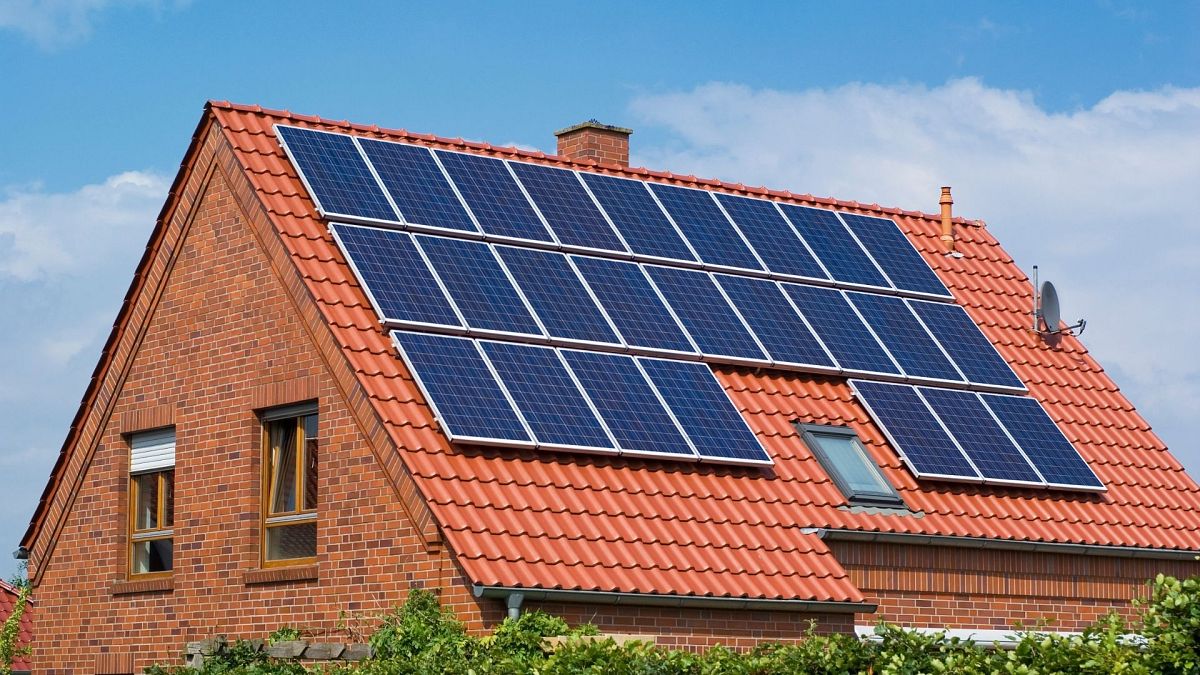
In recent years, there has been a growing interest in renewable energy sources as the world seeks to reduce its carbon footprint and combat climate change. Solar power, in particular, has emerged as a promising alternative to traditional fossil fuels. One of the most exciting developments in the solar industry is the rise of solar power home panels. These panels allow homeowners to generate their own clean energy, reduce their reliance on the grid, and potentially even save money in the long run. Let's explore the future of energy and the increasing popularity of solar power home panels.
The Benefits of Solar Power Home Panels
1. Clean and Renewable Energy Source
- Solar power is a clean and renewable energy source that produces no greenhouse gas emissions, unlike fossil fuels.
- By harnessing the power of the sun, homeowners can reduce their carbon footprint and do their part to combat climate change.
2. Energy Independence
- With solar power home panels, (also known as ‘zonnepanelen voor thuisgebruik’ in the Dutch Language) homeowners can generate their own electricity and reduce their reliance on the grid.
- This can provide greater energy independence and resilience, especially in the event of power outages or grid failures.
3. Cost Savings
- While the initial cost of installing solar power home panels can be significant, homeowners can potentially save money in the long run on their energy bills.
- By generating their own electricity, homeowners can reduce or eliminate their monthly utility bills.
The Rise of Solar Power Home Panels
1. Technological Advancements
- Advances in solar panel technology have made solar power more efficient and affordable than ever before.
- New materials and manufacturing processes have helped drive down the cost of solar panels, making them more accessible to homeowners.
2. Government Incentives
- Many governments around the world offer incentives and rebates to homeowners who install solar power home panels.
- These incentives can help offset the upfront cost of installation and make solar power more attractive to homeowners.
3. Environmental Awareness
- As the world becomes more aware of the environmental impact of traditional energy sources, there is a growing interest in renewable alternatives like solar power.
- Many homeowners are choosing to install solar power home panels as a way to reduce their carbon footprint and contribute to a more sustainable future.
The Future of Energy
1. Integration with Smart Home Technology
- Solar power home panels can be integrated with smart home technology to optimize energy usage and maximize savings.
- Homeowners can monitor their energy production and consumption in real time, allowing them to make informed decisions about their energy usage.
2. Energy Storage Solutions
- Advances in energy storage technology, such as lithium-ion batteries, make it possible for homeowners to store excess energy generated by their solar panels for use when the sun is not shining.
- This can help homeowners further reduce their reliance on the grid and increase their energy independence.
3. Expansion of Solar Power Home Panels
- As the cost of solar power continues to decrease and the technology becomes more efficient, we can expect to see a widespread adoption of solar power home panels in the coming years.
- More and more homeowners will choose to invest in solar power as a way to reduce their energy costs and contribute to a greener planet.
In conclusion, the future of energy is looking brighter with the rise of solar power home panels. These panels offer a clean, renewable, and cost-effective alternative to traditional fossil fuels. As technology continues to advance and awareness of the environmental benefits of solar power grows, we can expect to see a widespread adoption of solar power home panels in the years to come. By harnessing the power of the sun, homeowners can take control of their energy usage, reduce their carbon footprint, and contribute to a more sustainable future for all.